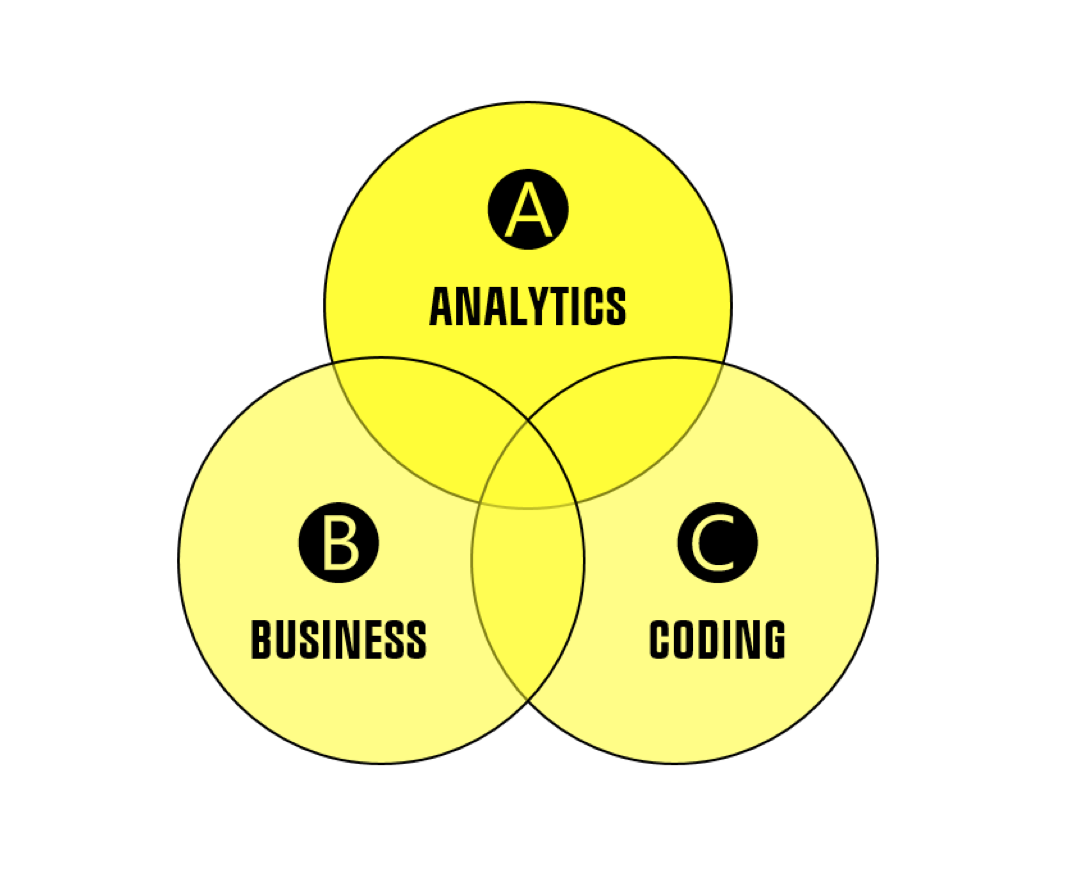California Management Review
California Management Review is a premier academic management journal published at UC Berkeley
by Carsten Lund Pedersen

Image Credit | Medienstürmer
Competing today means navigating in a forceful sea of complexities, with unstructured data, disruptive competitors, and ever-changing technologies. In order for executives to sail safely to harbor, they need a certain amount of digital literacy. That is, they need to be able to read and understand the reality, threats and opportunities of the digital era.
“Strategies for Digitalization in Manufacturing Firms” by Joakim Björkdahl. (Vol. 62/4) 2020.
“Implementing a Digital Strategy: Learning from the Experience of Three Digital Transformation Projects” by Alessia Correani, Alfredo De Massis, Federico Frattini, Antonio Messeni Petruzzelli, & Angelo Natalicchio. (Vol. 62/4) 2020.
Based on several years of research on digital transformation, I have found that in order to make executives digitally literate, they need to get familiar with the ABCs of the digital era. That is, executives need to familiarize themselves with analytics (both as consumers and as analysts themselves), business (namely, the strategies and business models of a digital marketplace), and coding (i.e. they need to have tried to code and know the basics of coding), see Figure 1 below for an overview. Together, the ABCs provide a very different tool kit than is currently being taught at most MBA programs at business schools. In the following, I will review, illustrate and discuss each element.

Digital literacy is here defined as the capacity to read a digital landscape – and it is developed through the ABCs.1 In contrast, digital illiteracy is here defined as being unable to read a digital landscape – and, unfortunately, this is more the rule than the exception among executives in organizations undergoing a digital transformation.
The ABCS are intricately related: Analytics provides answers to What is going on? Business is interested in Who is going to win the digital marketplace? And Coding is preoccupied with How can a given software, website or app be built? All three perspectives are needed to fully read a digital landscape, i.e. to obtain digital literacy. Below I further explicate the details of the ABC elements.
Analytics (A): Analytics refers to the systematic use of analytical and statistical methods to gain insights from data that can inform decision making. Being proficient at analytics can often provide a competitive edge for a business.2 While it can, in principle, entail the use of models and methods to explain qualitative, small-n data sets, it predominantly denotes methods from data science to quantitatively comprehend large data sets with the aim of obtaining a model for predicting outcomes. Moreover, machine learning entails the use of algorithms to train models from data that can subsequently be utilized to inform decisions based upon predicted outcomes. As such, executives need to understand the principles of machine learning and data science – along with common statistical techniques such as correlation, regression analysis, t-tests and ANOVA – but also statistical concepts such as significance, distributions and bias. A basic understanding of the outputs and the methods and assumptions upon which they are based will help turn the executive into a proficient consumer of analytics. However, executives should also hone the skill of being able to think analytically, methodically and asking the right questions for the analyses.
Business (B): Business here refers to understanding and managing strategy and business models in a digital landscape. With the advent of disruptive technologies and business models, it is more important than ever for executives to truly master these dimensions. Hence, a different kind of business understanding is needed for the digital age.3 Companies such as Airbnb and Uber have turned their industries upside-down, as they have outcompeted incumbents by having a competitive edge in technology without owning any resource-demanding hotels or taxis. As such, it is essential that executives understand the different forms of digital or hybrid business models – and how strategy may unfold in a digital context. Moreover, they should be well-acquainted with digital terminology such as disruption, network effects, lock-in and platforms. These are concepts that are often (mis)used without a proper understanding of their underlying theories, and therefore, they end up being empty of meaning and therefore also of value. This is a shame, as there is a significant body of work on each of these ‘buzzwords’ that are relevant for managers and should be put to use accordingly.
Coding (C): Code here refers to the computer language used to develop websites, software and apps – and coding is therefore the act of writing code that tells the computer what to do. Being able to code has significantly benefitted a multitude of CEOs.4 While being a proficient coder takes years of practice, it is possible to obtain a good understanding of (i) what coding is, (ii) the most important coding languages and how coding works, and (iii) trying to code simple tasks, without expending too much effort. Doing so, is arguably a worthwhile investment, as it will help you better understand technical issues and limitations, better understand the software developers in your business – and it can also help you improve your problem solving and mathematical logic skills. However, it is of course even better, if executives obtain such a strong proficiency in coding that they might be able to develop a simple app or a website. Doing so can provide an invaluable understanding of the technical structure that delivers the customer experience. With the democratization of tools (including no-code or low-code drag-and-drop solutions), it is arguably easier than ever to overcome the entry-barriers to technological development, i.e. developing simple apps or machine learning algorithms without being an expert coder or analyst. Yet, even a basic understanding of code is still useful and relevant for managers.
So how does digital literacy look like? Which CEOs fully master the ABCs? Bill Gates comprises an ideal example of such a CEO. Bill Gates is no stranger to analytics: During his tenure at Microsoft, he has made numerous bold (and often accurate) predictions based on detailed analysis – and he has also made predictions on the advancement and trajectory of analytics tools. In his efforts to eradicate polio, he has combined complex algorithms with satellite imagery to map the problem and predictive analytics to detect areas in need of attention.5 Similarly, he has mastered the realm of business to an extent that Microsoft has been in legal troubles due to antitrust laws. Yet, he has proven himself excellent in developing and executing Microsoft’s strategy and connecting the strategy with a well-aligned business model. Finally, Bill Gates has been focused on coding since the age of 13, and although he admits to his coding skills being slightly ‘rusty’ today, his ability to code has arguably been invaluable in launching and managing Microsoft over the years.6
Having acknowledged the importance of the ABCs to develop digital literacy is an important beginning. Yet, in order to progress, managers need to engage in the following three steps.
Step 1. Assess how good you are at the ABCs. For each of the ABCs, managers need to assess how good they are, ranging from novice to expert. Doing so, provides an as-is analysis. A similar analysis can be made for colleagues and/or competitors.
Step 2. Develop a plan for improvement. A realistic plan and timeline of activities should be made. For instance, does improvement of coding skills entail taking a university course or self-study on the web? What is the deadline for improving the skills?
Step 3. Continuously monitor developments. Improvement requires that progress is monitored. Moreover, as the ABCs are in a constant state of motion and evolution, it is important to continuously follow developments and trends.
Succeeding in a market is more difficult than ever due to innovation and technological advances. Therefore, executives need to develop their digital literacy. Doing so will help their organizations obtain a competitive edge – as long as they remember their ABCs.